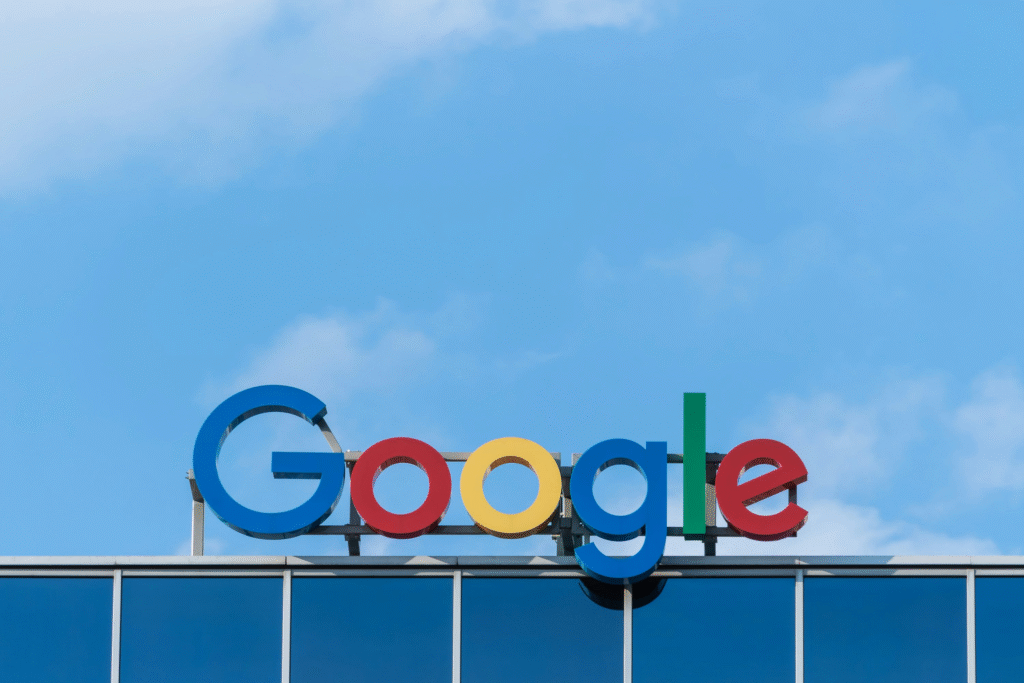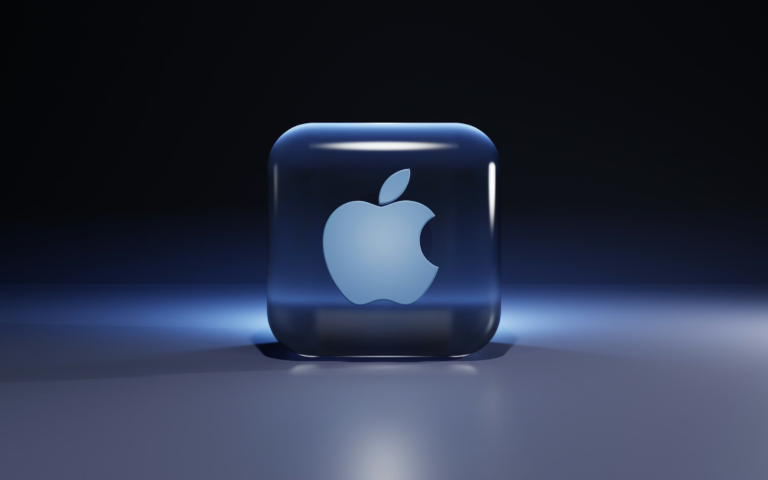The fact that Google is opening its biggest AI infrastructure hardware engineering center outside of the US is more than just a tale about a company growing. It has come to stand for trust, teamwork, and the future of technology around the world. When Lai Ching-te, the President of Taiwan, came onto the stage in Taipei for the inauguration, he wasn’t just cutting a ribbon. He was making Taiwan’s identity as a key part of contemporary computing and a partner that the world is relying on more and more for safe and responsible innovation stronger.
Raymond Greene, the director of the American Institute in Taiwan Taipei Office, and Aamer Mahmood, the vice president of platforms infrastructure engineering at Google Cloud, were among the important people who attended the ceremony. They stood next to President Lai. Just being there shows how important Taiwan is to the world’s biggest tech companies. For years, the island has been known as a leader in semiconductors, and now it is being seen as a major player in the development of the next generation of AI systems.
President Lai made it clear how important the moment was, and his words echoed well beyond the ceremony hall. He stated, “This also shows the world that Taiwan is not only a key part of the global technology supply chain, but also a key place to build AI that is safe and reliable.” His statements made something that has been happening quietly but strongly stand out: Taiwan’s technological reputation isn’t only about how much it can make; it’s also about how honest, strong, and safe it is.

TSMC, the world’s largest and most advanced contract chip maker, has been on the island for a long time. Many of the world’s most cutting-edge AI systems, like those made by Nvidia, which is at the vanguard of the global AI boom, use TSMC processors. When people talk about how AI will change the world, Taiwan’s quiet but important role is in almost every major AI data center, device, and cloud platform.
But the timing of Google’s new tech hub makes it even more important. Taiwan and the US have been getting closer as fears increase about China’s strategic goals, which still include claiming Taiwan as its own. In response, Taiwan has been strengthening its ties with American businesses by emphasizing their common ideals of openness, technological safety, and democratic governance. The government has also warned about the possible dangers of using Chinese-made AI systems like DeepSeek, but Chinese officials have dismissed these worries.
With this in mind, Google’s investment seems both smart and meaningful. Raymond Greene recognized this shared goal when he declared, “We are entering a new era of opportunity, a new golden age in U.S.-Taiwan economic relations, building on this foundation of innovation.” His statements show not only hope but also an understanding of how closely linked the two economies have become, especially in IT industries where trust and reliability are just as important as skill.
The new engineering center will do very specific jobs, like putting powerful chips like Google’s Tensor Processing Units into motherboards and connecting them to servers without any problems. These are the things that happen behind the scenes that make AI systems work well and let everything from cloud models to business solutions work on a large scale. Greg Moore, who is in charge of platforms development at Google Cloud, made this focus evident by saying that a lot of the effort has to do with the engineering precision needed to connect AI acceleration hardware to compute infrastructure.
Google has been in Taiwan for a while, but its growth has been amazing. The company’s Taiwan infrastructure engineering team was formed in 2020, and since then, it has grown three times as large. A few hundred people will work in the new center, which shows that this expansion is not just a test run but a long-term commitment. Google has two more centers in Taiwan that work on making hardware for consumer gadgets. The company’s data center on the island has been functioning since 2013. Google has also invested in significant underwater cables that improve connection in the region and around the world. This makes Taiwan more connected to global digital networks.
Aamer Mahmood summed up the long-term goal of this growth when he said, “This is not just an investment in an office; it’s an investment in an ecosystem, a sign of Taiwan’s importance as a center for global AI innovation.” His message reminds us that innovation ecosystems are not developed in a vacuum, but rather via layers of engineering expertise, reliable supply chains, infrastructure, and shared ideals among institutions.
What stands out about this news is how Taiwan’s reputation as a tech powerhouse is changing. Ten years ago, most of the conversations were about making semiconductors. Taiwan is now at the center of the development of AI hardware and reliable digital infrastructure. who change has been helped by experienced engineers, a stable regulatory framework, and relationships with corporations who regard Taiwan as more than just a place to make things; they see it as a place to get ideas.
This narrative also has a human side. A lot of the people who will work at this new center went to school in Taiwan, went to college there, and worked in the computer industry there. For them, the opening of a facility of this size is more than just an economic milestone; it’s a chance to directly affect the systems that shape technology around the world. It shows that new ideas may come from places other than Silicon Valley and Seattle. Taipei is one of those places where knowledge, culture, and technical skill come together.
As Taiwan gets stronger, people naturally start to wonder what will happen in the future. Will tensions between countries slow down the rate of collaborative innovation? Will Taiwan keep getting long-term investments from big tech companies throughout the world? And how can the island balance its need for technological independence with its role in the global supply chain?








